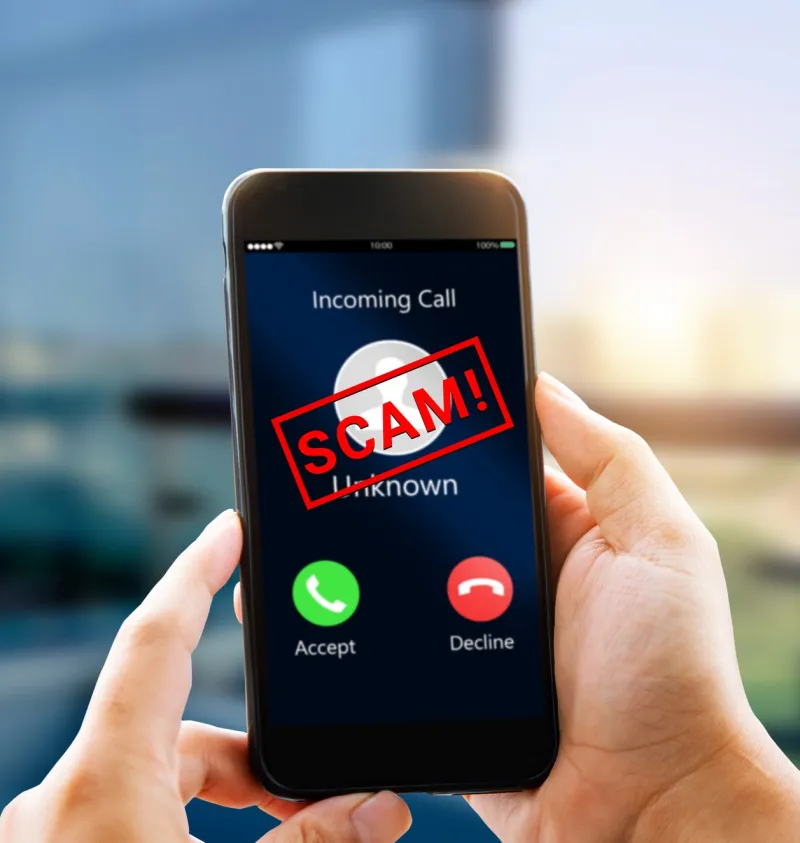How to Avoid Telephone Scams

Like most people, scammers have embraced technology. But while email, tech support, and online-dating scams are the ones that typically make headlines, many crooks appear to be nostalgic for pre-internet days. Fraudsters are returning to a device originally patented in 1876-the telephone to snare unsuspecting victims. Thieves use live voice calls, not just text messages, to convince you to release confidential financial data.
Here's what you need to know to avoid a live-voice telephone scam.
How Telephone Scams Work
Telephone scammers impersonate people they believe you know or trust. They pretend to be attorneys, police officers, creditors, and even credit union representatives by spoofing phone numbers from known sources. The target believes they are speaking with the person or company shown on their caller ID screen. The con artist claims there's a time-sensitive issue that requires you either send money, verify your identity, or provide other confidential information. Don't fall for it.
For example, you could receive phone calls that appear to originate from SAFE Federal Credit Union, SAFEFCU, or SAFE. The crook will falsely claim to be a credit union representative calling to:
- Assist with a loan payment
- Update or verify member contact information
- Resolve an issue related to a debit or credit card
In reality, they're trying to get you to reveal your account login ID, password, security passcode, or any combination of those items. Having this information makes it easier for the thief to gain access to your personal accounts and, even worse, your hard-earned money. Always remember. SAFE will never ask you for your login credentials, including a one-time passcode, full card number, expiration date, CVV code, or PIN.
Before the scammer can assist you or share details about the supposed issue, they must verify your identity. Never give the following information to a caller:
- Answers to security questions
- Online banking username or password
- Two-factor authentication passcodes sent via SMS text or email
While providing this information to resolve an issue might be tempting, immediately hang up and report the incident to SAFE at 1-800- 763-8600. Do not call the phone number that's on the caller ID. Contact the credit union at the number listed here or visit a convenient branch location to discuss any concerns about your account.
Why Telephone Scams Work
Thieves use emotional manipulation to get what they want. They aim to incite panic and fear, so you'll act before thinking through the situation or speaking with a trusted friend or family member. Staying alert to their tactics is the best way to protect your financial accounts and personal data.
What if I Suspect a Telephone Scam?
In addition to alerting the company that the scammer falsely claimed to represent, you can file a complaint with the Federal Trade Commission. They work with law enforcement to stop phone scams and other fraud schemes.
Remember to stay alert to scams affecting your community. By staying informed and proactively protecting your private information, you can help safeguard your financial security and keep fraudsters away.




